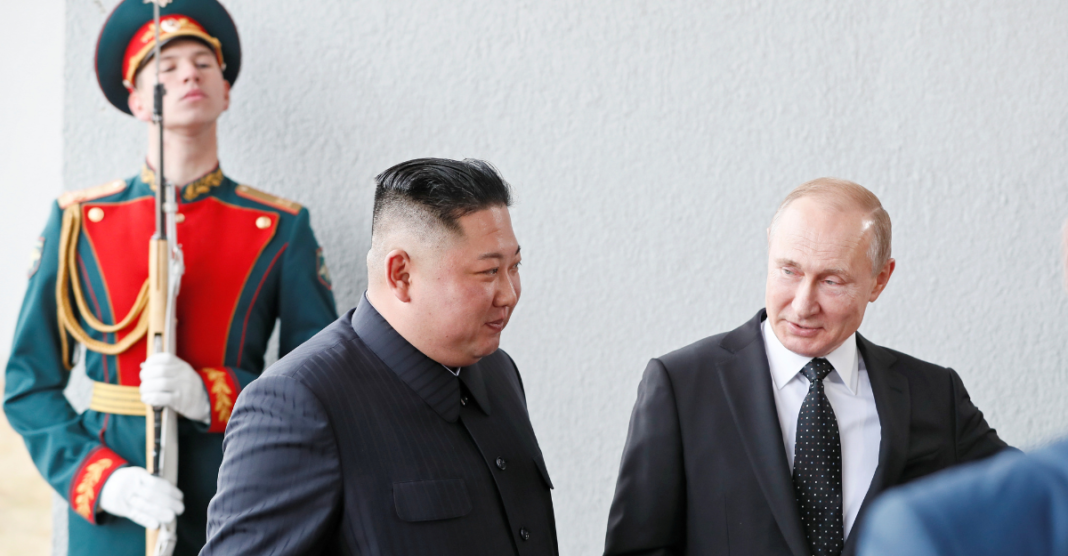North Korea’s recent announcement regarding the launch of a purported nuclear attack submarine marks a significant development in the nation’s ongoing efforts to bolster its military capabilities.
North Korean leader Kim Jong Un has framed this event as a crucial step toward establishing a nuclear-armed navy capable of countering the United States and its Asian allies.
The introduction of a nuclear attack submarine underscores North Korea’s determination to enhance its maritime capabilities, thereby augmenting its strategic position in the region. This move is part of a broader military modernization effort aimed at strengthening North Korea’s defense posture and asserting its presence on the international stage.
The significance of a nuclear attack submarine lies in its potential to alter the balance of power in the region. Such a vessel could pose a credible threat to naval assets, including aircraft carriers, and significantly enhance North Korea’s deterrence capabilities. This development is particularly concerning for neighboring countries and the United States, given the already tense geopolitical situation in the region.
Kim Jong Un’s emphasis on a “nuclear-armed navy” aligns with North Korea’s long-standing pursuit of nuclear capabilities as a means of safeguarding its sovereignty and deterring potential adversaries. It also reflects the regime’s belief that possessing a credible nuclear deterrent is essential for its survival.
The announcement has raised alarm bells internationally, with concerns about the destabilizing impact of North Korea’s continued military advancements. The United Nations Security Council and various countries have repeatedly called for North Korea to denuclearize and refrain from provocative actions.
However, these calls have largely gone unheeded.North Korea’s decision to unveil this purported nuclear attack submarine comes amid stalled denuclearization talks with the United States. The situation on the Korean Peninsula remains complex, with diplomatic efforts to resolve the nuclear issue facing numerous challenges.
The international community’s response to this development will be closely watched. North Korea’s military advancements, coupled with its provocative rhetoric, have been a source of concern for regional stability. Diplomacy remains the preferred avenue for addressing these issues, but finding a viable path forward in negotiations remains elusive.
In conclusion, North Korea’s announcement of a purported nuclear attack submarine launch is a clear signal of the nation’s commitment to bolstering its military capabilities. This development has significant implications for regional security and raises questions about the effectiveness of diplomatic efforts to address North Korea’s nuclear ambitions.
As tensions persist in the region, the international community faces the ongoing challenge of managing North Korea’s military advancements while seeking a peaceful resolution to the nuclear issue.

